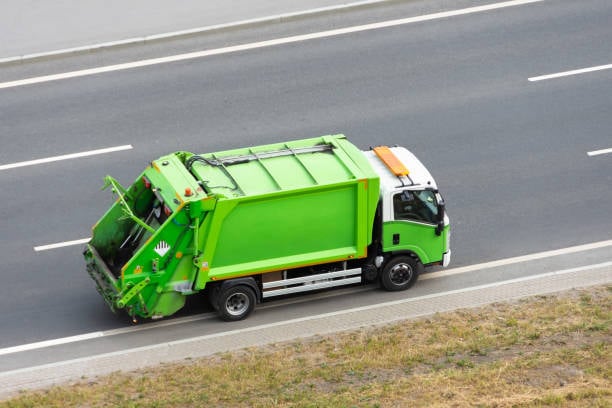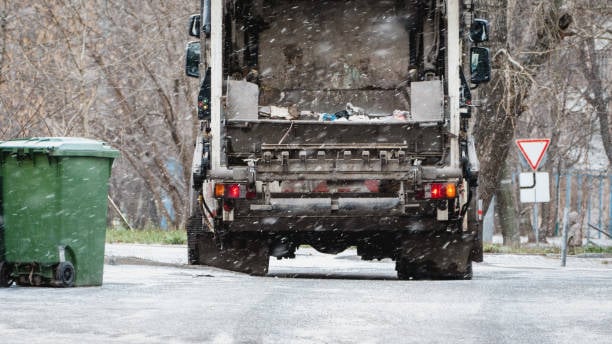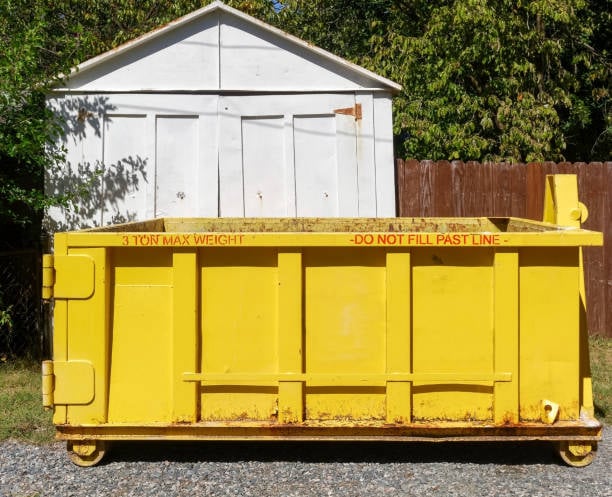
Keeping Columbia Clean: NewSouth Waste Service's Commitment to Sustainability
Are you a business owner or manager in Columbia, SC? Looking to reduce waste at your workplace? Discover the best practices for waste reduction to save money and help the environment.
Proper waste management is key, so learn about efficient collection, sorting, and disposal methods.
Recycling also plays a vital role in sustainability, so we'll guide you on establishing effective recycling programs.
Join us in creating a greener and more sustainable future for your business in Columbia, SC.


NewSouth Waste
Address
NewSouth Waste
Waste Management Service